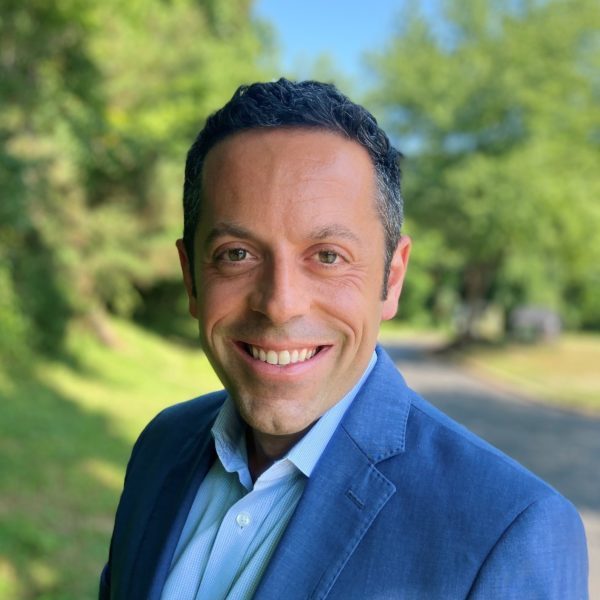“The Church is or should go back to being a community of God's people, and priests, pastors and bishops, who have the care of souls, are at the service of the people of God.”
Pope Francis
Philadelphia is known for its parochial culture. Despite declines in Mass attendance and fewer schools and parishes, visitors and non-native residents are continually shocked by how one identifies oneself so quickly with a Catholic parish in this town. Moreover, it’s often times not only an identifying factor of one’s location, but also subtly, of one’s character. “Yeah, Dan. Yeah he’s a St. Dot’s guy. Good guy.” In most cases (especially in non-CYO sports related conversations) the parish affiliation makes for a quasi-good housekeeping seal of approval, a mark of a solid person or family contributing positively to the local community. People who you want to be around.
Saturday, as I picked up some coffee, I overheard some of my fellow citizens swapping parish connection points. As I listened to what they liked and didn’t like about their parish, I couldn’t help but think, who defines who? Does the parish define the person or the people define the parish? If we look at Scripture, Paul had different things to say to Corinth then he did to the Hebrews. This was probably had less to do with which road led to those communities versus how those people grew and shaped each other over time. Regardless of which faith community I call home, am I aware of how I shape the community and how it shapes me? Is my contribution consistent with the call God gives me? What would Paul’s letter to the Church of Philadelphia be today?
CLI serves Church leaders, helping them rediscover their potential and forming them to be more intentional with those they serve.
CLI helps empower and energize Catholic leaders by providing focus and courage to engage the culture with an apostolic mindset.
CLI provides vision and hope about the future of the Church with a humble, yet strategic approach.



